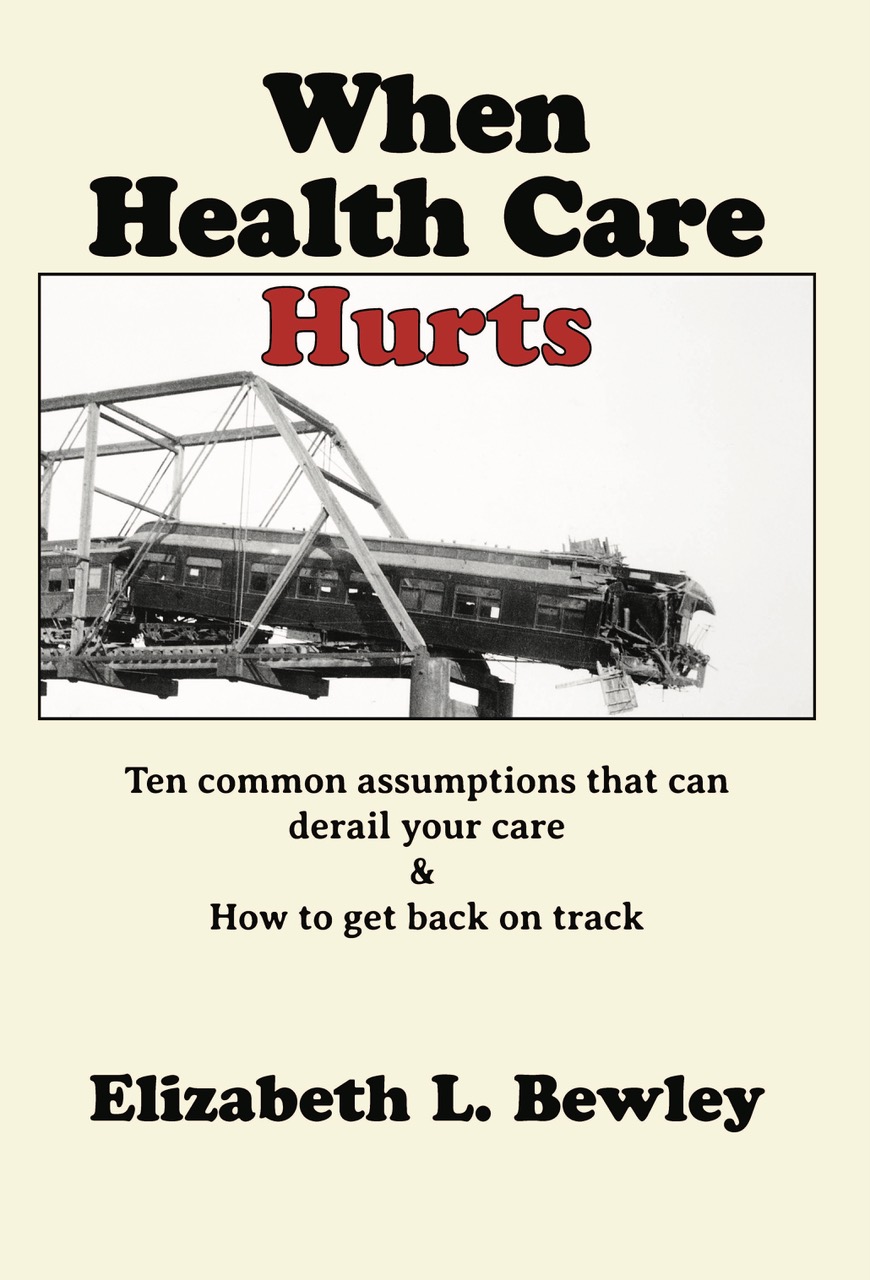 |
When people seek help from the health care system, they embark on a journey that can be costly, time consuming, difficult, and stressful. They do it anyway, expecting to be better off as a result. Often, the promise of health care is fulfilled and their lives are saved or dramatically improved.
Research shows, however, that health care also often goes awry, and people are harmed. Doctors, nurses, and other health care experts mean well, but may not realize that the care they provide can sometimes have troubling downsides.
When Health Care Hurts gives you useful tools...
...if you suddenly find yourself dealing with a medical crisis and you are not certain how to get the best possible results from the health care system.
...if you are planning to be in the hospital, undergo surgery, or take medication.
...if you or a loved one had a bad experience with health care and would like to know what to do differently to avoid similar issues in the future.
Read it and learn...
...what questions to ask to avoid experiencing preventable problems.
...what steps to take to help you get what you need from doctors, nurses, and other health care professionals.
...what common and seemingly harmless assumptions can sabotage your health care.
Read it and become part of the movement to shift the focus of health care from simply delivering tests and treatments to enabling people to live the lives they want.
The layout of the book makes it easy to focus on content that interests you:
- Thirty true-life stories (and one fictional one) are set off in italics, and vividly reveal the surprising ways in which care can fall apart.
- Thirty full-page “how to” action guides list easy-to-follow steps you can take to get what you need from health care and avoid harm.
- Seventy corner boxes offer "Sad But True" statistics showing that the stories reflect common problems.
- Discussions of research and lessons learned appear in regular type, expanding on both the stories and the statistics.
- Three figures offer graphics to enhance the written material.
- Ninety-three questions in the Readers’ Discussion Guide both summarize key points and offer a basis for discussion.
- Sources are detailed in 298 notes that also offer additional quotations, analyses, and explanations.
With the knowledge spelled out in When Health Care Hurts, you can anticipate potential problems, understand how to reduce the odds of being snared by them, and recover from those that do arise more quickly and effectively.
Author's note: When Health Care Hurts in places draws on my earlier book, Killer Cure. For example, 4 of the 25 true stories in When Health Care Hurts that are based on interviews I personally conducted appeared previously in similar form in Killer Cure.

